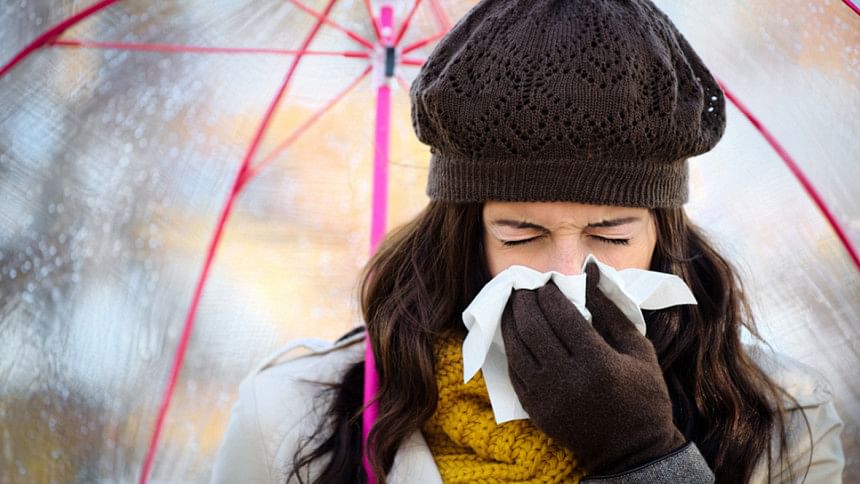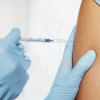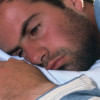Top tips to stay healthy this fall

Heading into fall also signals the start of flu season, as the temperature drops and we spend more time wrapped up indoors. To help protect yourself from any bugs being passed around at work or picked up at school, follow these simple tips for a healthier season for all the family.
Get a flu shot
The Centers for Disease Control and Prevention (CDC) recommends a yearly flu vaccine as the first and most important step in protecting against flu viruses. Although there are many different flu viruses a flu vaccine protects against the viruses that research suggests will be most common, and can reduce the number of flu illnesses, doctors' visits, missed work and school days, as well as prevent flu-related hospitalizations. The CDC recommends a vaccine for everyone 6 months of age and older by the end of October, if possible. Although children younger than 6 months are at high risk of serious flu illness they are too young to be vaccinated, with the CDC advising that people who care for infants should be vaccinated instead.
Practice good hygiene
Good hygiene practices every day can help prevent catching or spreading the flu virus. Cover your nose and mouth with a tissue when you cough or sneeze and throw the tissue in the trash after you use it. Wash your hands often with soap and water, or if they are not available use an alcohol-based hand rub. Also, avoid touching your eyes, nose and mouth as this can also spread germs. At home clean and disinfect surfaces and objects that may be contaminated with germs like the flu.
Avoid spreading disease
Try to avoid close contact with those who are sick, and with healthy people if you are the one feeling under the weather. If you are sick with flu symptoms, CDC recommends that you stay home for at least 24 hours after your fever is gone and only go out for medical care or necessities.
Be extra careful with those at high risk of flu
Certain groups are at a higher risk of developing complications with the flu, which can become very serious and may even result in hospitalization or death. Take extra care with children under 5, especially those younger than 2, seniors 65 years or older, pregnant women and women up to two weeks postpartum, people with asthma, heart disease, chronic lung disease, and neurological and neurodevelopmental conditions, people with blood, kidney, liver, endocrine, and metabolic disorders, including diabetes mellitus and those who have a weakened immune system due to disease or medication.
More information is available on the Centers for Disease Control and Prevention website.

 For all latest news, follow The Daily Star's Google News channel.
For all latest news, follow The Daily Star's Google News channel. 








Comments